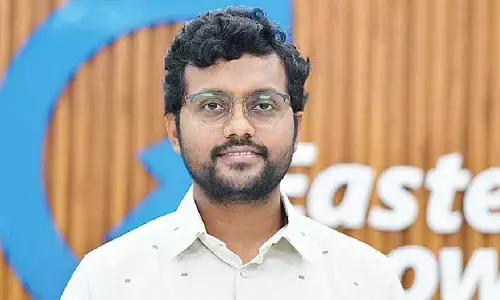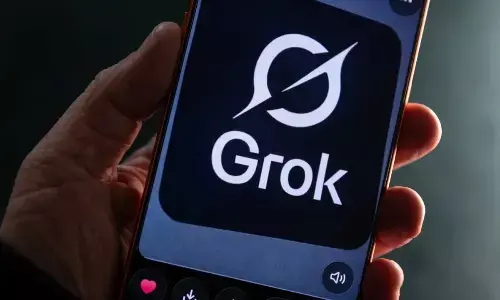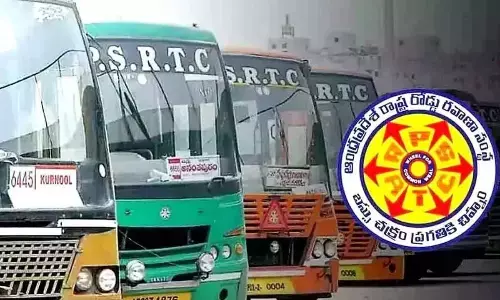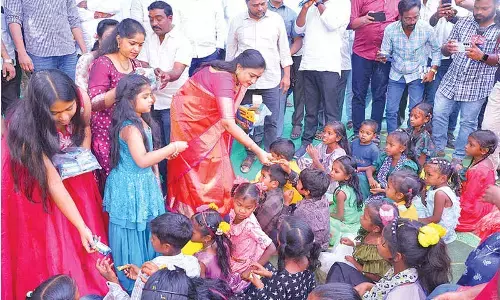5 key tools to combat trafficking in 2017
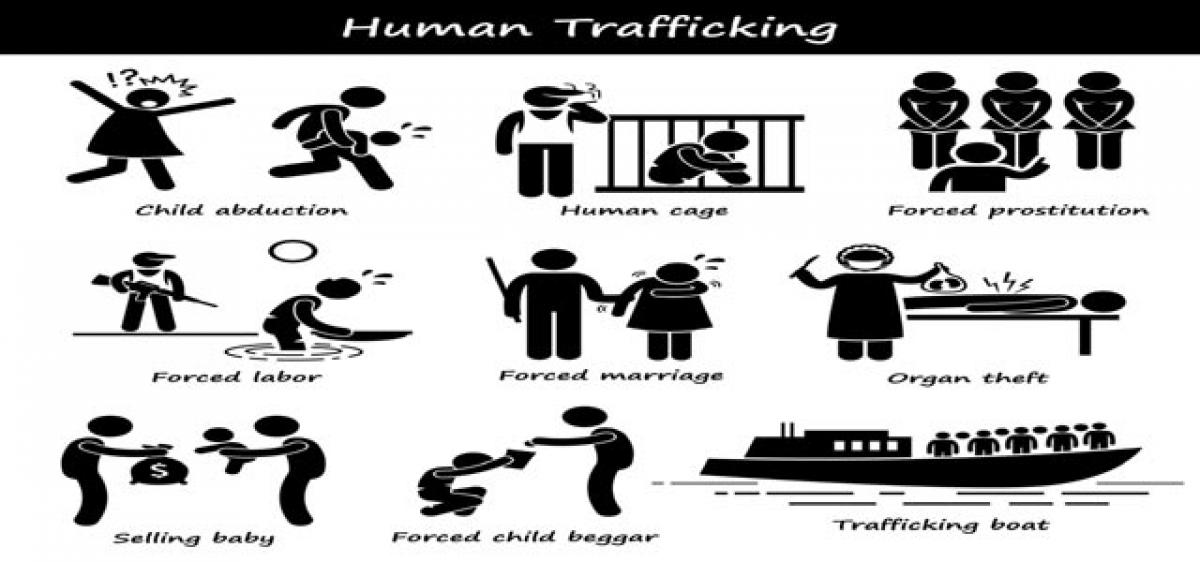
US-based software group LaborVoices provides a mobile phone-based service allowing factory employees to anonymously report abuse, late wages, safety conditions and child labour.
BATTLE AGAINST HUMAN TRAFFICKING
- We need more sense of urgency, and we need to do it now
- India has the highest number of slaves that is home to an estimated 18 million
- 45.8 million people live in some form of slavery across the world,
- Illegal trade in humans is worth an estimated $150 billion a year
- Proposed law to treat survivors as victims needing help rather than criminals
- Govt, big industry need to use technology to zero in on potential victims
- Help must go hand-in-hand with training and education on the ground
With the power of technology and legal clout, many experts agree that 2017 could be the tipping point in the global battle against human trafficking and modern slavery. An estimated 45.8 million people live in some form of slavery across the world, according to the 2016 Global Slavery Index by human rights group Walk Free Foundation. Yet pressure and awareness are now building, big business is starting to lead the way, new laws are being put in place and potentially game-changing technology is available.
We asked experts what they see as the five most important tools in the year ahead to tackle the illegal trade in humans that is worth an estimated $150 billion a year:
Technology
Technological innovation and scientific advances are more important than ever in monitoring, detecting and prosecuting cases of trafficking. Highly specialised and complex tools are trying to accomplish more straightforward aims, whether arming garment workers with "voice and choice" or verifying where source materials, such as cotton, really originate.
US-based software group LaborVoices provides a mobile phone-based service allowing factory employees to anonymously report abuse, late wages, safety conditions and child labour. CEO Kohl Gill told the Thomson Reuters Foundation that the data logged by his company from 20,000 people in over 300 factories in Bangladesh and Turkey provides a chance for workers to "fact check" potential employers.
Big companies can also use the information to use best-in-class factories and problems can be identified early, said Gill. DNA forensic technology can already be used to tag cotton and detect substitute fibres from countries using state-sponsored slavery to produce cotton, said James A.
Hayward, president, chairman and CEO of Applied DNA Sciences. In a second use of DNA technology, Hayward said his company will soon be able to track cotton to exactly where it is picked.
Supply chain visibility
Due to government, consumer and ethical pressures, companies and supply chains will be increasingly in the spotlight in 2017, said Geraint John, senior vice-president of research at SCM World, a global community of supply chain professionals.
The focus on slavery has moved from sex trafficking to eliminating abuse, dangerous conditions and child labour. John told the Thomson Reuters Foundation it is increasingly incumbent on businesses to validate their own supply chains with more companies talking publicly about improving procurement processes and admitting being totally slave-free is challenging. Technology again plays a part here.
Kosten Metreweli, CMO at UK software company Segura Systems, said many supply chains remain surprisingly primitive so improved visibility and transparency are key. Segura provides a cloud-based software which aims to allow businesses to see further down the chain, then act on it.
Legislation
New laws can lead to physical change and many hope that will happen with the signing of an anti-trafficking bill in India, the country with the highest number of slaves that is home to an estimated 18 million, according to the Global Slavery Index The country's first comprehensive anti-trafficking law, awaiting approval in 2017, would unify existing laws and aim to treat survivors as victims needing help rather than criminals.
In December 2016, President Pranab Mukherjee launched a campaign to end child slavery and publicly called for the world to recognise minors must have freedom - the first time India's highest authority has recognised child slavery.
Education and awareness
While public, corporate and government action over slavery is picking up pace, this must go hand-in-hand with training and education on the ground, said John. He said the best companies are going beyond policy to offer internal education in their own procurement systems, educating their own staff on culture and expectations.
Mass collection of data
Matt Friedman, CEO of The Mekong Club, compared the current battle against modern slavery to the fight against HIV/AIDS in the 1980s, in terms of the changing perceptions of the issue. "To me, the modern slavery issue is like a slowly unfolding disaster," said Friedman, who undertook a 70-day, 27-city, trafficking-awareness trip in the United States last summer. He sees the mass collection of data, the creation of an anti-trafficking "master plan" and much-improved basic collaboration and training as the ways to tackle modern slavery.
"We all need to step up our game, we need to solve many of these long-standing systemic challenges, we need to have more of a sense of urgency, and we need to do it now," Friedman said.








